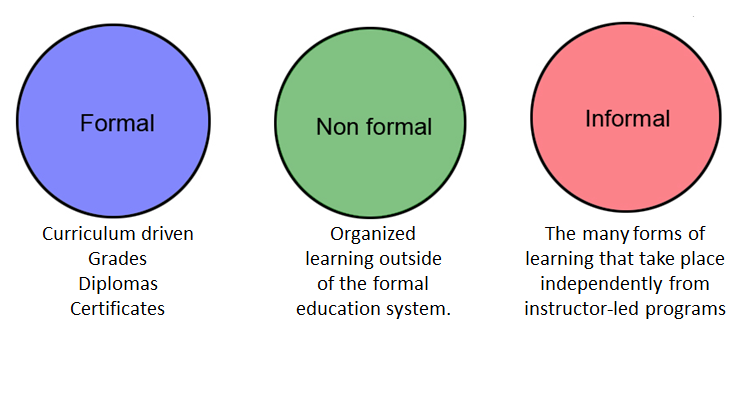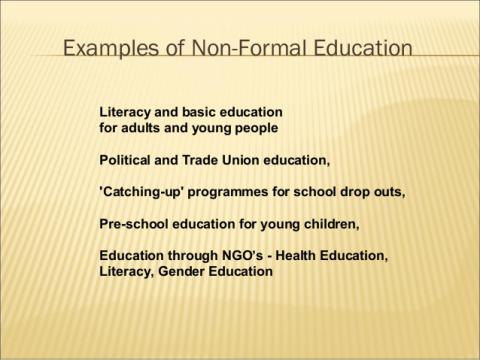

CSOs are bringing back to the local level the global values that were lost in the lobbies of the institutions. The blatant absence of accountability for Member States remains the highest political issue, snowballing until it affects their actual impact.Īnd with this in mind how can we still believe we can sell the idea of a truly inclusive education? How can we turn it back into a global value with a local impact? Again, CSOs are filling the gaps left by public institutions. While civil society organisations have at heart the fate of SDGs, they need to be empowered with real implementation structures, other than the complicated systems of reviews for the Agenda 2030 that the EU has imposed on itself in a complete lack of long-term vision. Not only is the EU the main development donor worldwide, but it also represents a rich and stable society. What are policy-makers doing to sparkle information on SDGs, what more can be done? It is common opinion that without the support of the EU, SDGs are not going to make a difference after all. It is about time we ask ourselves: have SDGs been received and incorporated in Europe? In larger and larger parts of our continent, they are close to invisible. International and European organisations have come up with structured programmes to help stakeholders keep their promise however, for as well-thought and comprehensive as they are, their impact on the local level has wavered through time and flickered away. We are now at a point where the world has developed a global narrative about inclusive education, whatever the dimension of inclusiveness that we are tackling.

Gradually, it spilled over to reach education policy, of which it is now a crucial feature. At the beginning, it focused on poverty reduction and access to education, while now it encompasses much broader concepts. To be truthful, inclusive education is a concept that originates from the human rights field, rather than from education systems. “The biggest power we have is the power of relationships” This is especially important when addressing the suffering of people who were forcibly displaced, or that migrated in search for better luck. For it to become a reality, education actors need to build solid bridges: through geography and cultures, but also between different stakeholders (policy-makers, schools, research centres, etc.). However, we keep on making the same promise, and while we fail to keep it for good, we also don’t seem to grasp that inclusiveness is an ongoing process. The promise of inclusive education has been with us for a long time, but we do not seem to be quite there yet. Such was the focus of SIRIUS-NEPC Policy Conference “Inclusive education for all: from ideas to practice”, that took place in Zagreb on May 7th. In these efforts to ensure inclusiveness, a great emphasis shall be placed on the role of civil society organisations, non-formal education providers and other non-state actors. This is why efforts shall be made to make education as close to our idea of inclusiveness as possible, thriving to understand cultural and social differences without flattening them in a homogeneous maelstrom. Inclusiveness is one of the pillars of education: because of our core values, no education system can be considered successful without being inclusive.

The role of non-formal and informal learning in ensuring inclusive education.Education and training stakeholders make the case for a European approach to assessment and wellbeing – LLLWeek21.Wanted! Lifelong learning in the French Presidency priorities.Annual Theme 2022 – Investment in education and training: a public good for all.Register to the LLLAB 2022 – Lifelong learning entitlements for the future of Europe.New Study: Public investment on education and training in the EU: trends, challenges and future prospects.


 0 kommentar(er)
0 kommentar(er)
